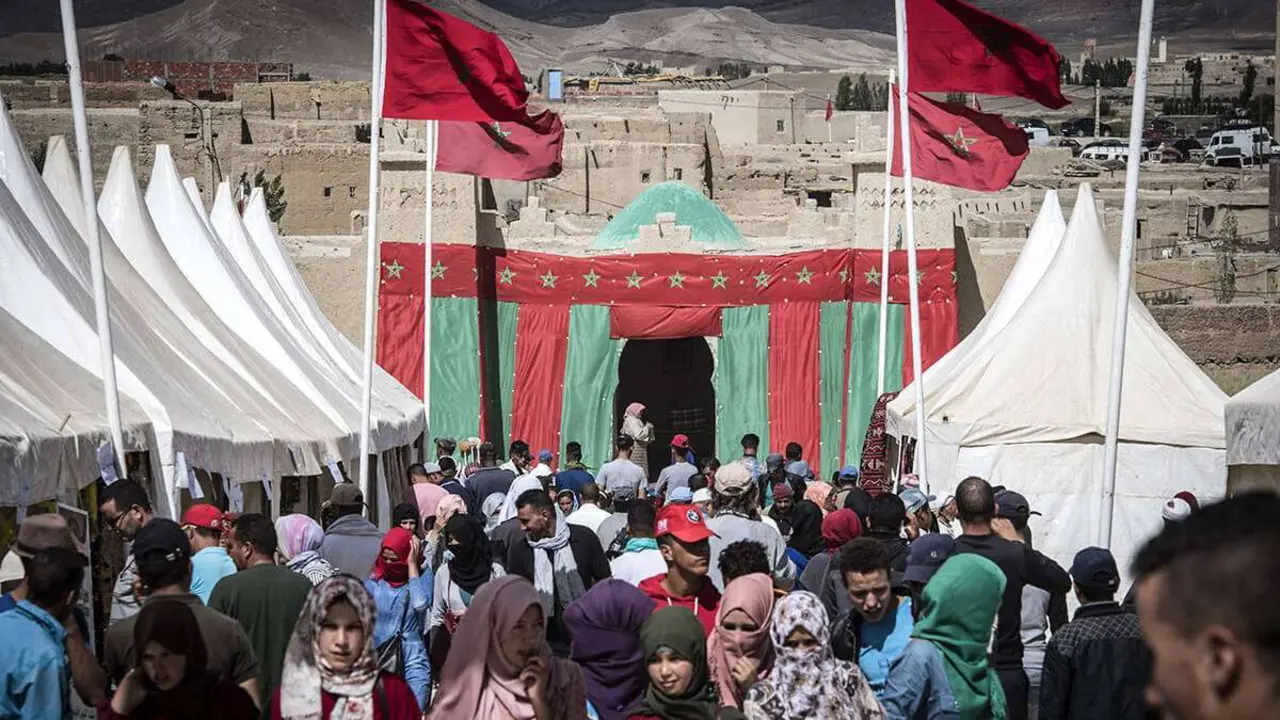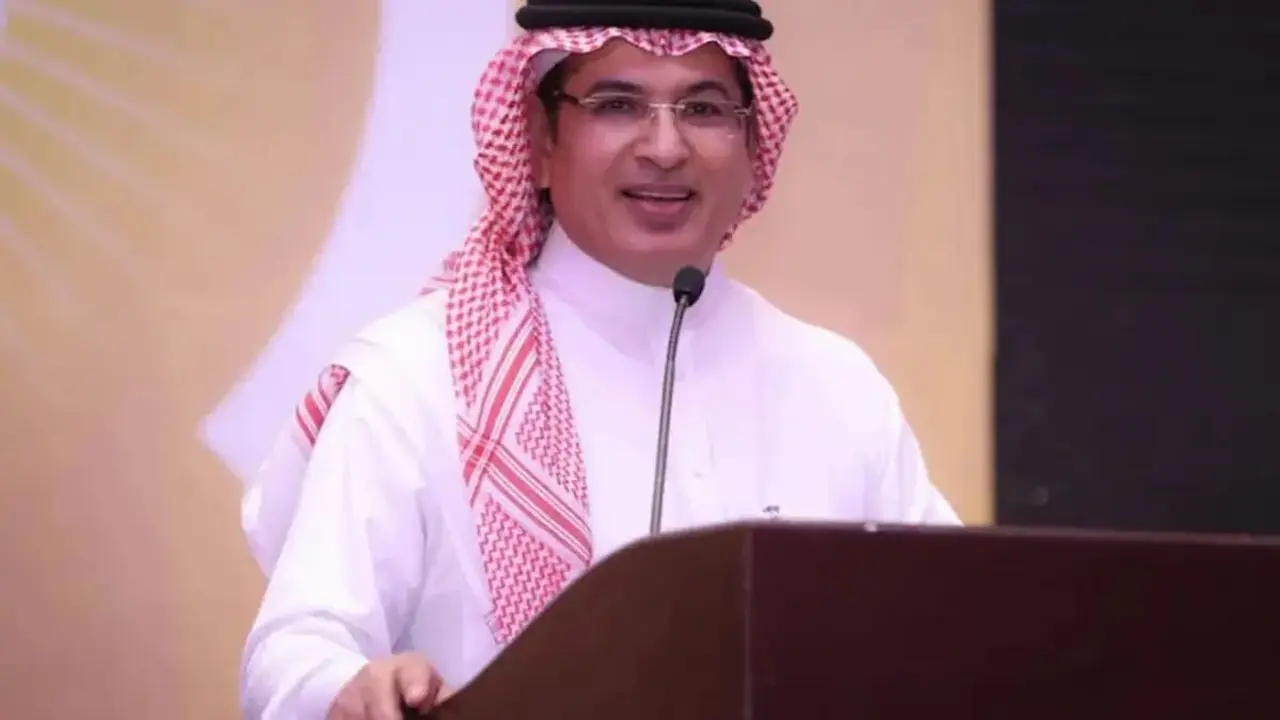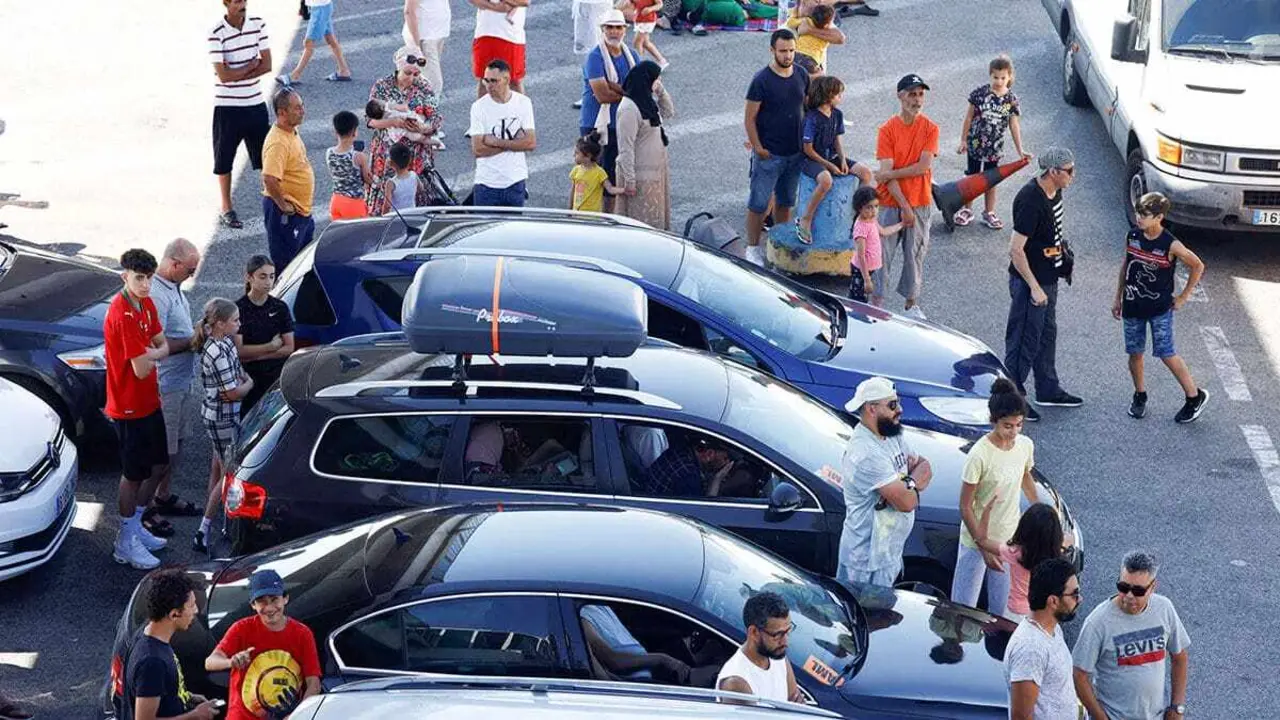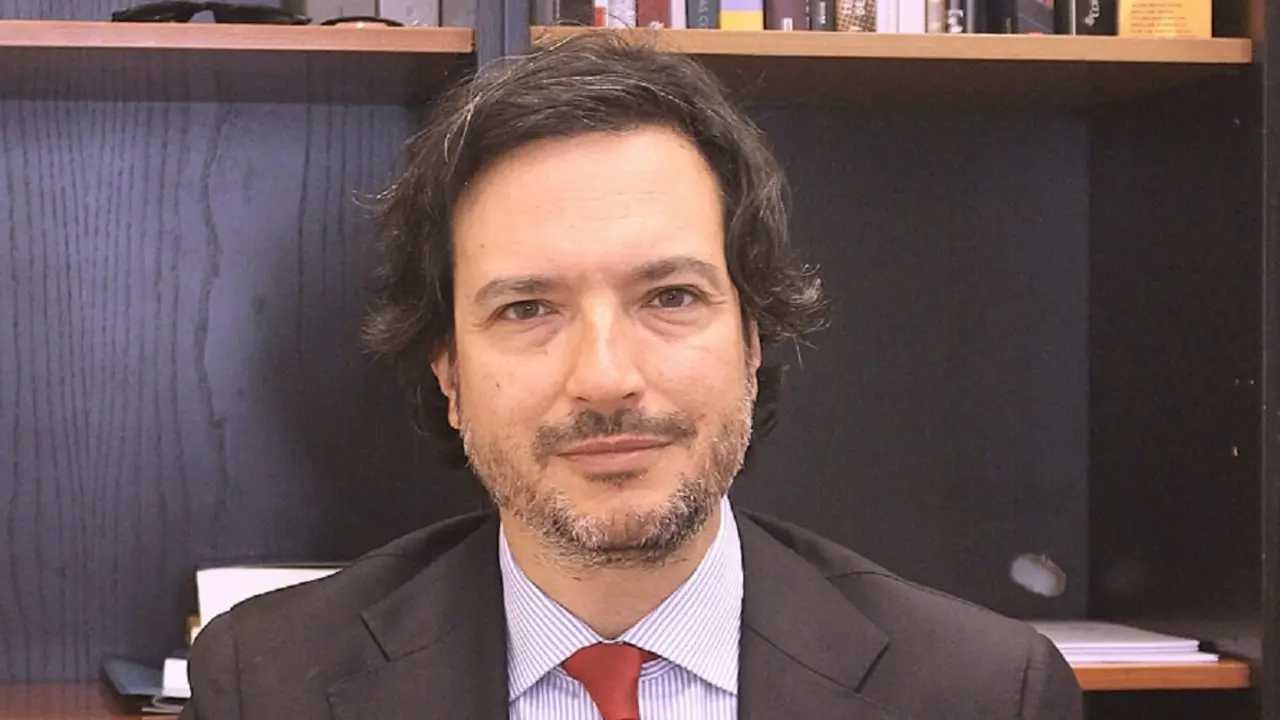Cape Verde government expands efforts to eradicate sea turtle poaching
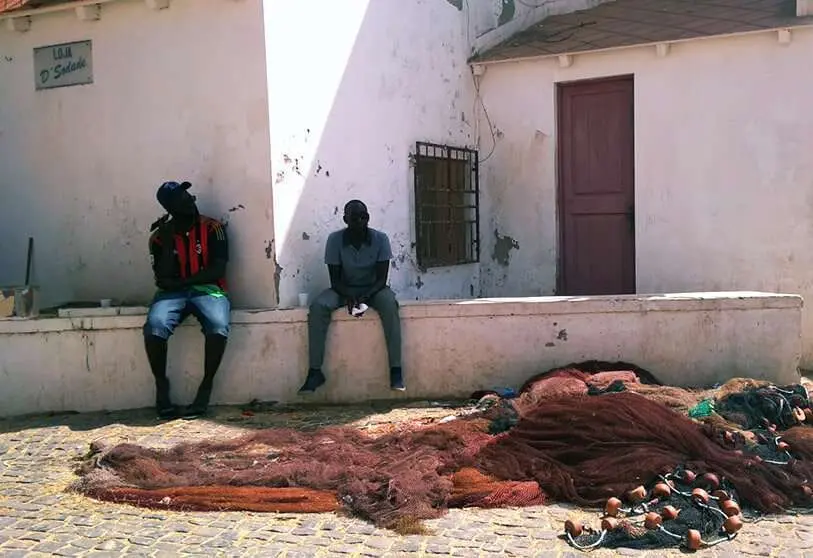
One of the essential pillars within the Cape Verde Tourism Operational Programme 2021/2026 is that of environmental sustainability that preserves both natural resources and resilient tourism, together with local fishing communities. The protection of sea turtles and their monitoring techniques are well-defined objectives within the tourism plan, in addition to the efforts made by the Ministries of Agriculture and Environment to suppress poaching of these endangered reptiles. This is how the Minister of Tourism and Transport in Cape Verde, Carlos Jorge Duarte Santos, began an interview with this correspondent.
Certainly, the ecosystem is fragile as Cape Verde is an archipelago made up of ten volcanic islands and if resources and human efforts are not put into the treatment of protected areas, the authorities will soon make the same mistakes as in other countries.... "Turtle meat is very delicious and is sold door to door; logically, it comes from poaching, so breeding turtles require extreme care and vigilance as they are our nesting population," confirmed the Minister of Tourism and Transport, Duarte Santos.

Apparently, in Cape Verde, the consumption of the meat of this marine species Boba (Caretta, Caretta) is traditional, as is the consumption of its eggs, along with the hunting of males used as an aphrodisiac. Night surveillance with organised patrols is carried out by the NGO, 'Projeto Biodiversidade', which protects this species, as well as its eggs deposited in the sand on the beaches. The organisation and its inspection camp, composed of a network of conservation workers (of German, Japanese, Russian, Italian and English origin), coordinate with the local authorities of Cape Verde, who are concerned, thanks to the heavy investments made two years ago in the archipelago, such as video surveillance cameras, together with an increased and effective lighting system. In order to ensure that eggs are laid in unstable or poorly maintained locations, this association distributes them in different hatcheries all over the island of Sal. The largest is located on the beach of the RIU hotels. The nesting of the Caretta Caretta turtles is one of the main tourist attractions on Isla de Sal.
The Minister of Tourism and Transport of Cape Verde expressed his satisfaction to this correspondent at the existence of a young population that has begun to join the cause of animal protection, with a participatory awareness of absolute volunteerism, for the benefit of this NGO dedicated to the conservation of the environment and under the direction of Albert Taxonera. With a very personal stamp, this Catalan ecologist produced a recent study on the socio-economic impact of sea turtles in Cape Verde, from which it can be seen that, during 2016, a total of 900,000 euros were generated thanks to the observation of turtles and the work of this NGO in Cape Verde. The director of this non-profit institution urged the Cape Verdean authorities to disburse larger budget items for the benefit of these, given that the greatest availability of resources comes from private entities such as RIU Hotels or Hilton.
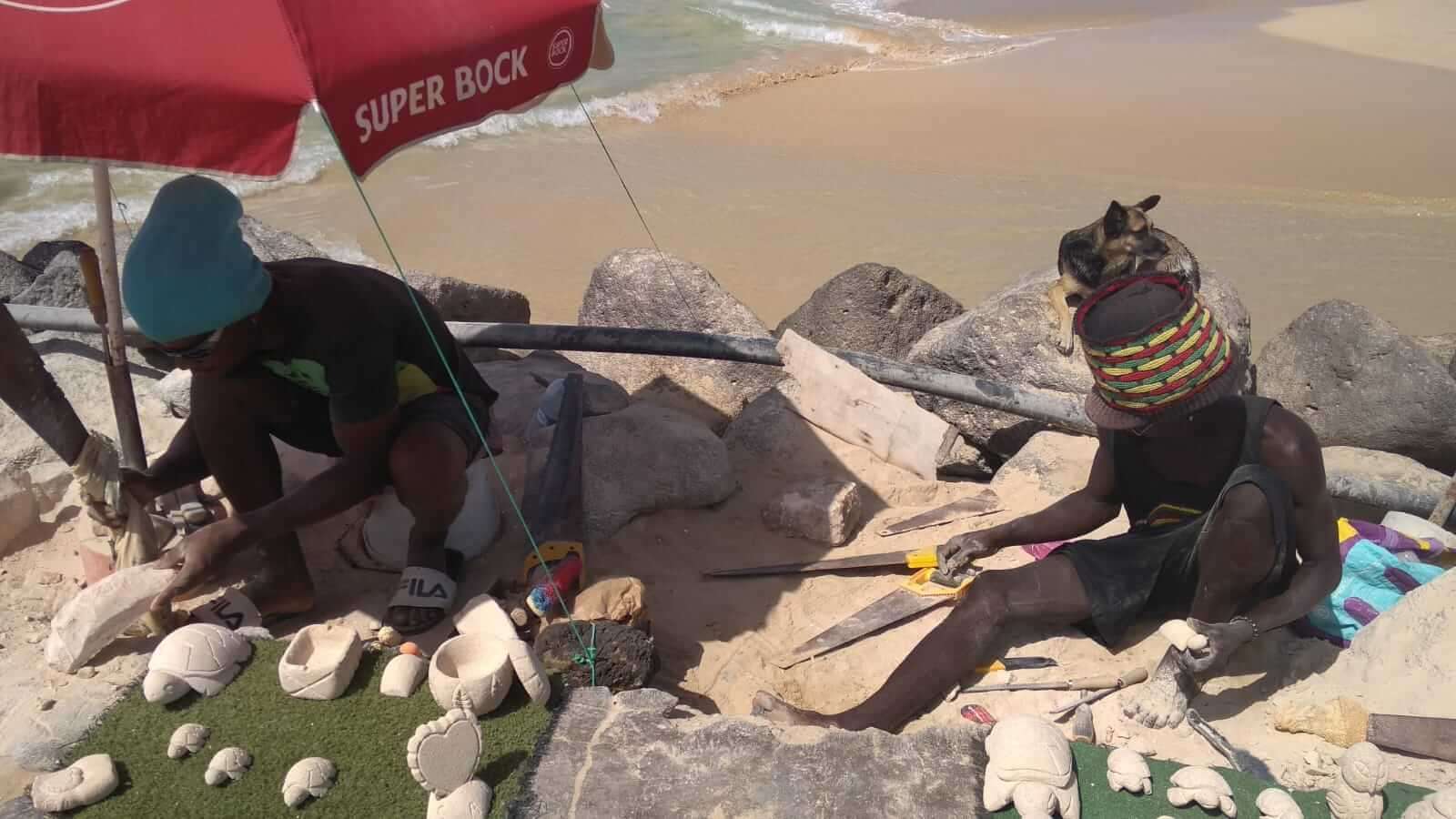
In the same vein, Albert Taxonera, ecologist and founder of 'Proyecto Biodiversidad' explained to this journalist the strategy of how to confront this threat that endangers their survival, without forgetting "to include the Cape Verdean community so that it benefits itself, just like a tour operator, and thus preserve the future of the planet". Apparently, the main use of the animal was for jewellery, food and traditional medicine. Today, turtles are killed for their meat and eggs. Hunting turtles is the main target of poachers during the nesting season, once the reptiles arrive on the beaches to lay their eggs. In this case, the Tourism Minister alluded to the years 2020 and 2021 as the years with the highest nesting rates on Cape Verdean beaches.
Albert Taxonera highlighted the unconditional support of his own organisation to the capacities of artisanal fishing, with the idea that they benefit from the sustainable exploitation of natural resources, which is why this NGO works closely with Cape Verdean fisherwomen, the so-called pexeiras. Through the "Empodera Project", Albert Taxonera and his team give a voice to Cape Verdean women in the fishing industry. "The government should support my turtle project and that of the fisherwomen more in order to make the sector more profitable, now that there are fewer fish stocks", explains Albert Taxonera. Thanks to the arks and ice machines, provided by the Biodiversity Project itself, the pexeiras can keep the fish and sell it for several days without as much pressure as before.

The Minister of Tourism, Duarte Santos, explained that the Operational Plan, mentioned above, has five headings such as governance of the sector, promotion of the destination, sustainability, improvement of human resources and inclusive tourism. The country's political stability, financial security, the development of strategies to preserve environmental resources, the year-round good climate and the location between three continents, allow Cape Verde to be described as a paradise and the new Caribbean of Africa. "The tourist who comes to the islands longs for harmony with nature, fauna and flora; for new ecosystems, culture and cruises".
Cape Verde, with its limited resources, is currently focusing on the European and American markets, in a relentless fight against poverty, job creation and increased cohesion that will bring moderate quality growth, while respecting the biosphere and providing health services. "The Mo Ibrahim Foundation (IIAG) has placed the categories of governance and security in Cape Verde among the top levels of countries on the African continent," concluded the Minister of Tourism and Transport in his interview.
Carmen Chamorro García, CIP/ACPE board member and SEI graduate in International Relations

